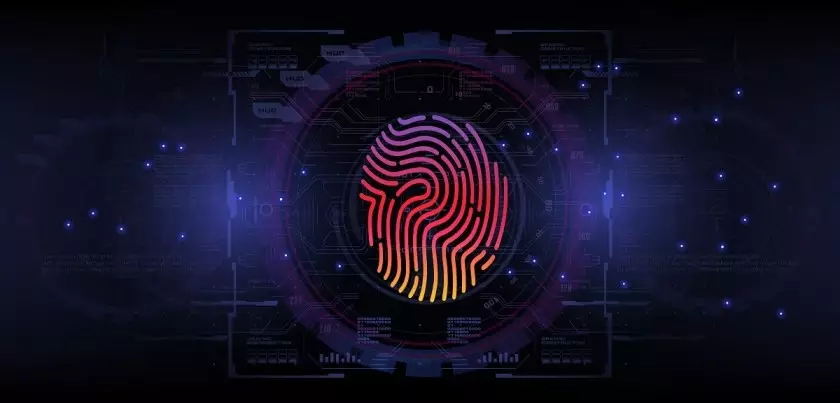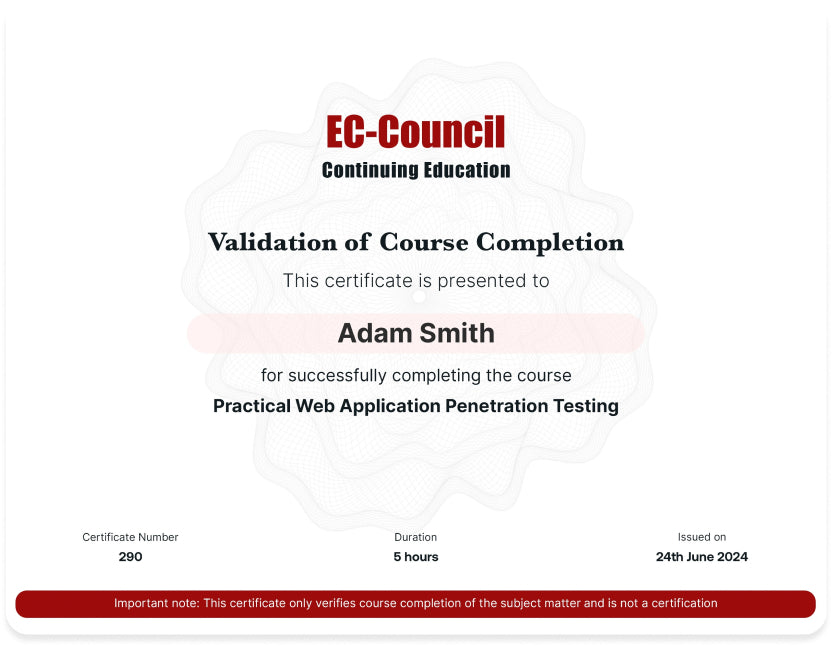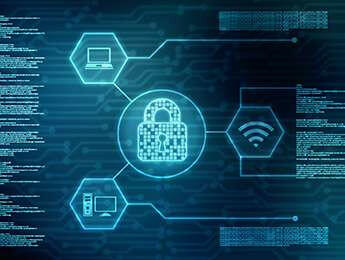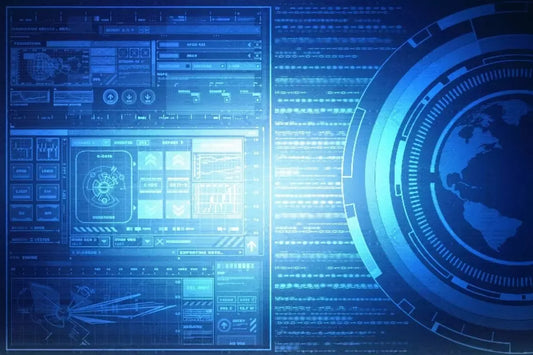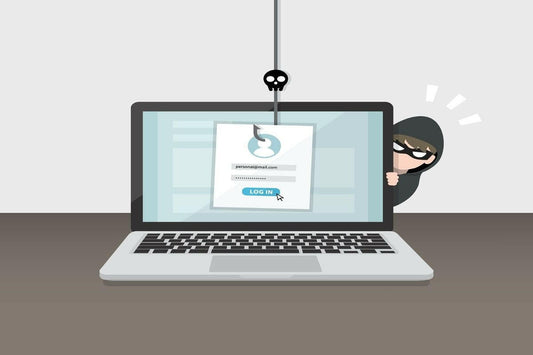Course Overview
What You Will Learn
Program Curriculum
Instructor
Nickson M. Karie
Having worked for different Universities across the globe, Dr Nickson M. Karie is an accomplished Cybersecurity and Forensics professional with over thirteen years of academic teaching and research. Dr Nickson has also worked for different research organizations and published several research articles in peer-reviewed scientific journals and presented his research findings at a scientific conference. Currently, Dr Nickson is working full-time as a Technical Training Manager and a Digital Forensics and Incidence Response (DFIR) Specialist in Australia. Dr Nickson enjoys using his Cybersecurity and Forensics skills and knowledge to contribute to the exciting technological advances happening in different industries and academia in the world. He believes that cybersecurity, Digital Forensics and Incidence Response is not only fundamental part of our daily life but also key to the future of our global digital economy. Dr Nickson graduated from the University of Pretoria, South Africa in 2016 with a PhD in Computer Science and his research interests are in Digital Forensics, Critical Infrastructure Security, Intrusion Detection and Prevention, Information and Computer Security Architecture, Network Security as well as IoT Security. Dr Nickson, therefore, sees Live Forensics as genuinely transformational and, as such, it must be focused on adding value. With the adoption of IoT and cloud technologies Live Forensics will be more valuable in the current and future complex business environments.
Join over 1 Million professionals from the most renowned Companies in the world!
Empower Your Learning with Our Flexible Plans
Invest in your future with our flexible subscription plans. Whether you're just starting out or looking to enhance your expertise, there's a plan tailored to meet your needs. Gain access to in-demand skills and courses for your continuous learning needs.
Pro
Ideal for continuous learning, offering video-based learning with 840+ courses and diverse Learning Paths to enhance your skills.
What is included
- 840+ Premium Short Courses
- 70+ Structured Learning Paths
- Validation of Completion with all courses and learning paths
- New Courses added every month
Pro +
Experience immersive learning with Practice Labs and CTF Challenges for comprehensive skill-building.
Everything in Pro and
- 1400+ Practice Lab exercises with guided instructions
- 150+ CTF Challenges with detailed walkthroughs
- New Practice Labs and Challenges added every month



